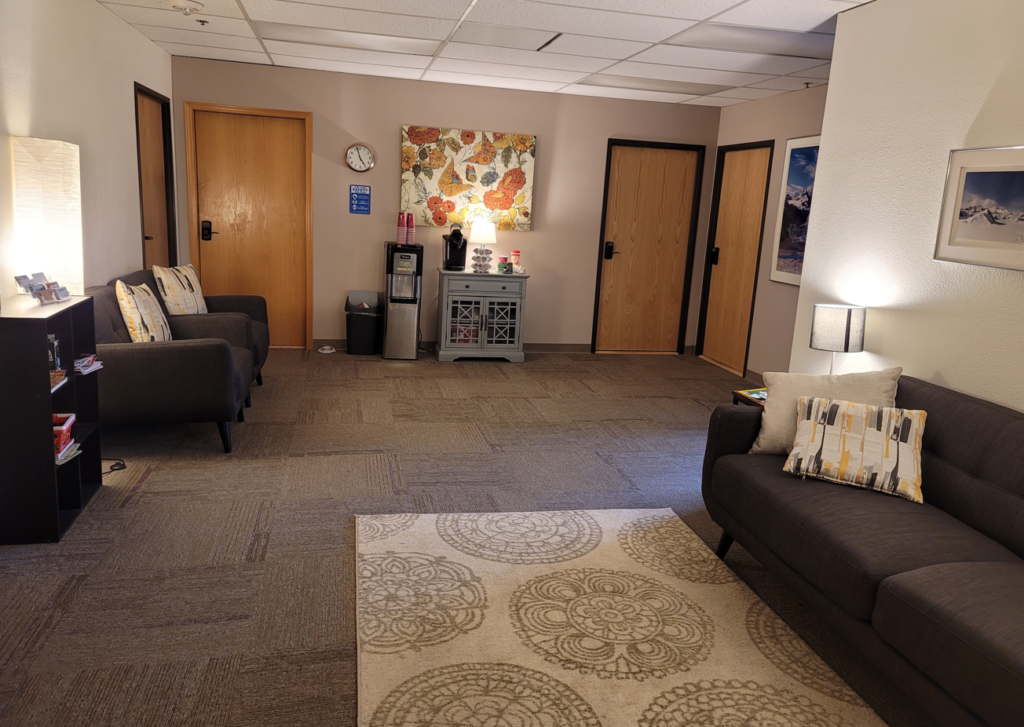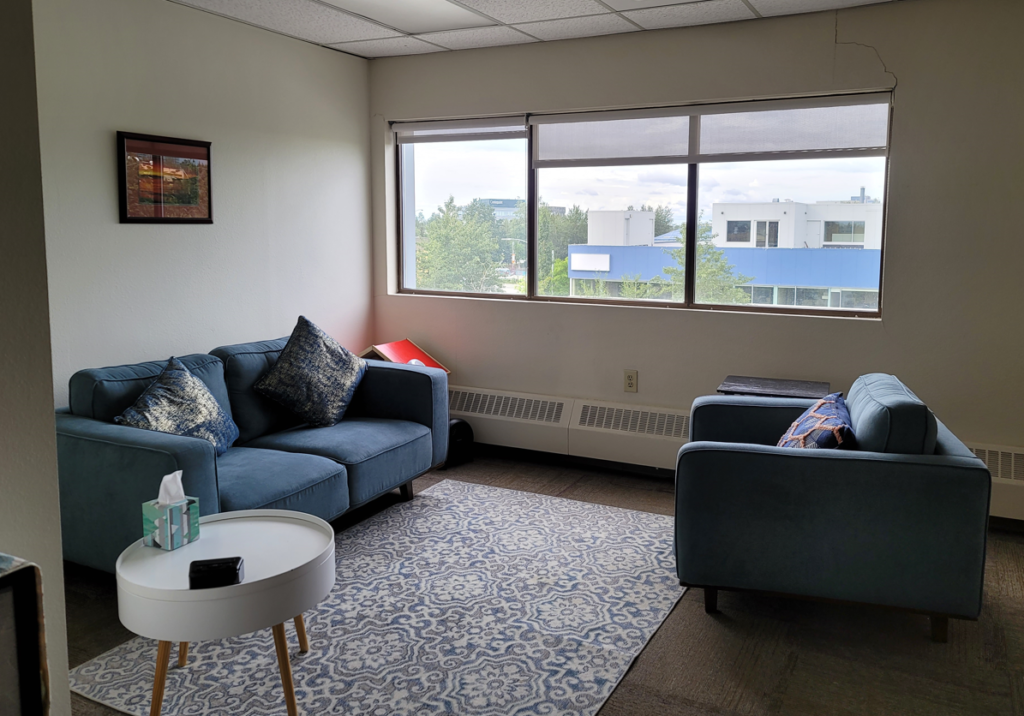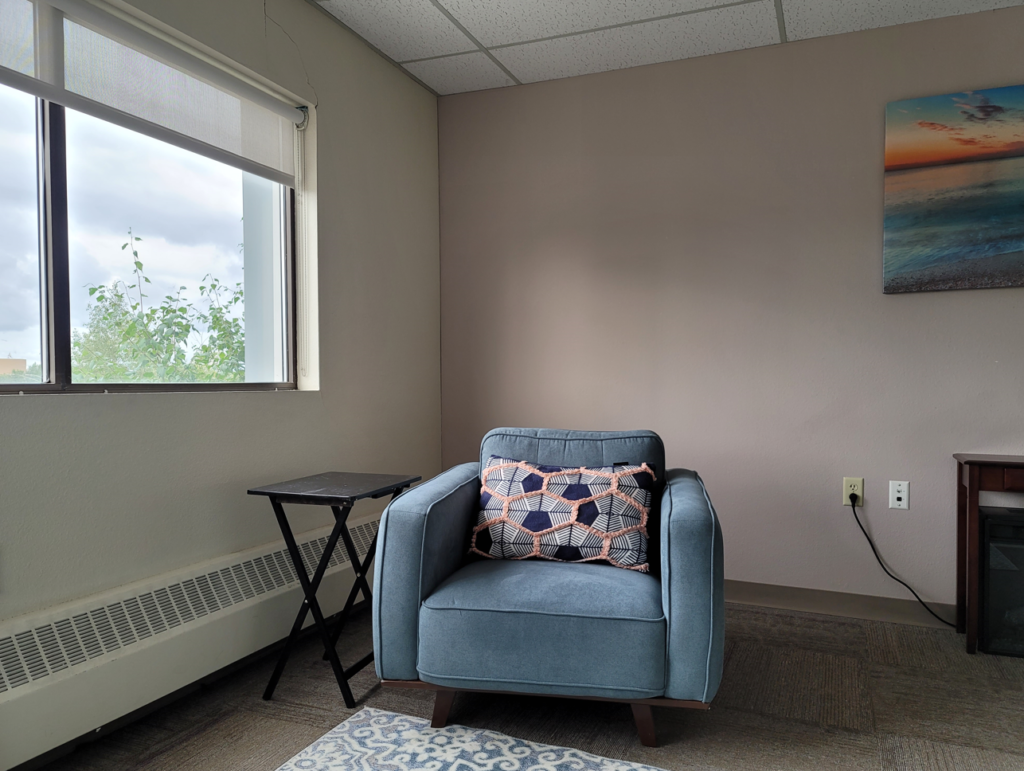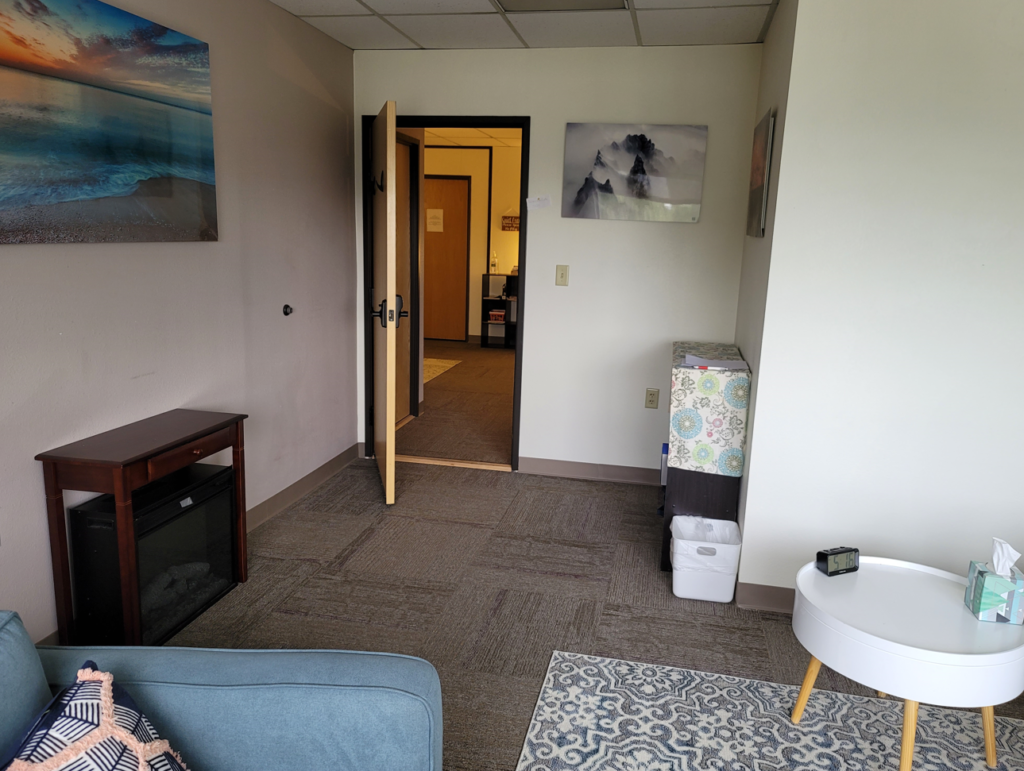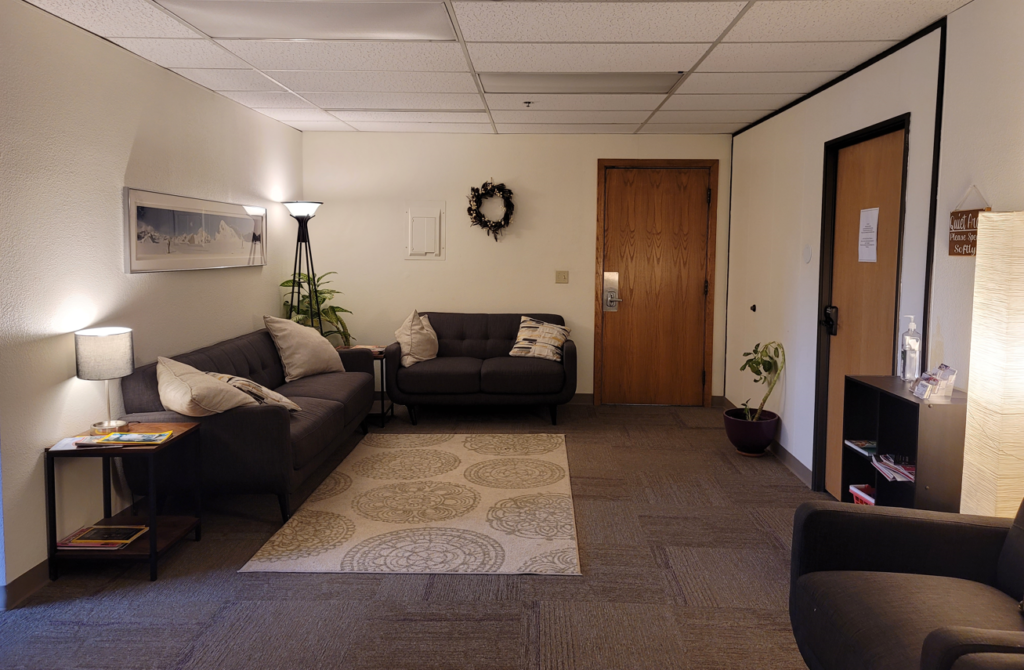Call or email to set up a free 15-minute call to see if we will be a good fit.
During the 15-minute call, I will listen to what your needs are, share a bit about what therapy with me might look like, answer questions you may have and discuss the next steps, which may include scheduling your initial intake.
Once your initial intake appointment is scheduled, you will receive an invitation to your client portal. By completing your intake paperwork online in your client portal, we can make the most of our first session time together.
If you are establishing therapy for your child or teen, telling them about what they are to expect can help remove some of the fear about coming to counseling. Please let your child or teen know they do not have to talk to the counselor if they do not want to, but that generally children and teens feel better about themselves and other after going to therapy for a while. Children should wear comfortable clothes to therapy sessions rather than “good” clothes, as therapy is intended to be a fun process and can get messy if play is involved.
In order to help build trust in the relationship with the child, I will keep what your child does and says in the therapy session private. Instead of talking about specifics of sessions, consultations with caregivers involve different ways to understand children and strategies to help them feel better about themselves and get along with others.
Caregivers, it is important to note that after a session, it is appropriate for you as a caregiver to let your child or teen know that you are interested in their experience, however, please don’t question them. If your child creates a project or artwork, please avoid questioning about the art, giving praise or criticizing the creation.
Photos of Building, Waiting Area, and Office.



